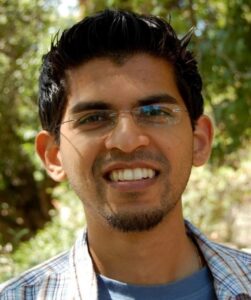 BWH Computational Pathology Special Seminar
BWH Computational Pathology Special Seminar
Title: Using deep learning models to debug regulatory genomics experiments and decode cis-regulatory syntax
Speaker: Anshul Kundaje, PhD
Affiliation: Stanford University
Position: Associate Professor, Genetics and Computer Science
Date: Monday April 22, 2024
Time: 4:00PM-5:00PM ET
Zoom: https://partners.zoom.us/j/82163676866
Meeting ID: 821 6367 6866
Anshul Kundaje, PhD, is Associate Professor of Genetics and Computer Science at Stanford University. His primary research area is large-scale computational regulatory genomics. The Kundaje lab develops deep learning models of gene regulation and model interpretation methods to decipher non-coding DNA and genetic variation associated with disease. Dr. Kundaje has led computational efforts to develop widely used resources in collaboration with several NIH consortia including ENCODE, Roadmap Epigenomics and IGVF. Dr. Kundaje is a recipient of the 2016 NIH Director’s New Innovator Award and the 2014 Alfred Sloan Fellowship.
Links: The Encyclopedia of DNA Elements (ENCODE) Project, Stanford University, MIT
